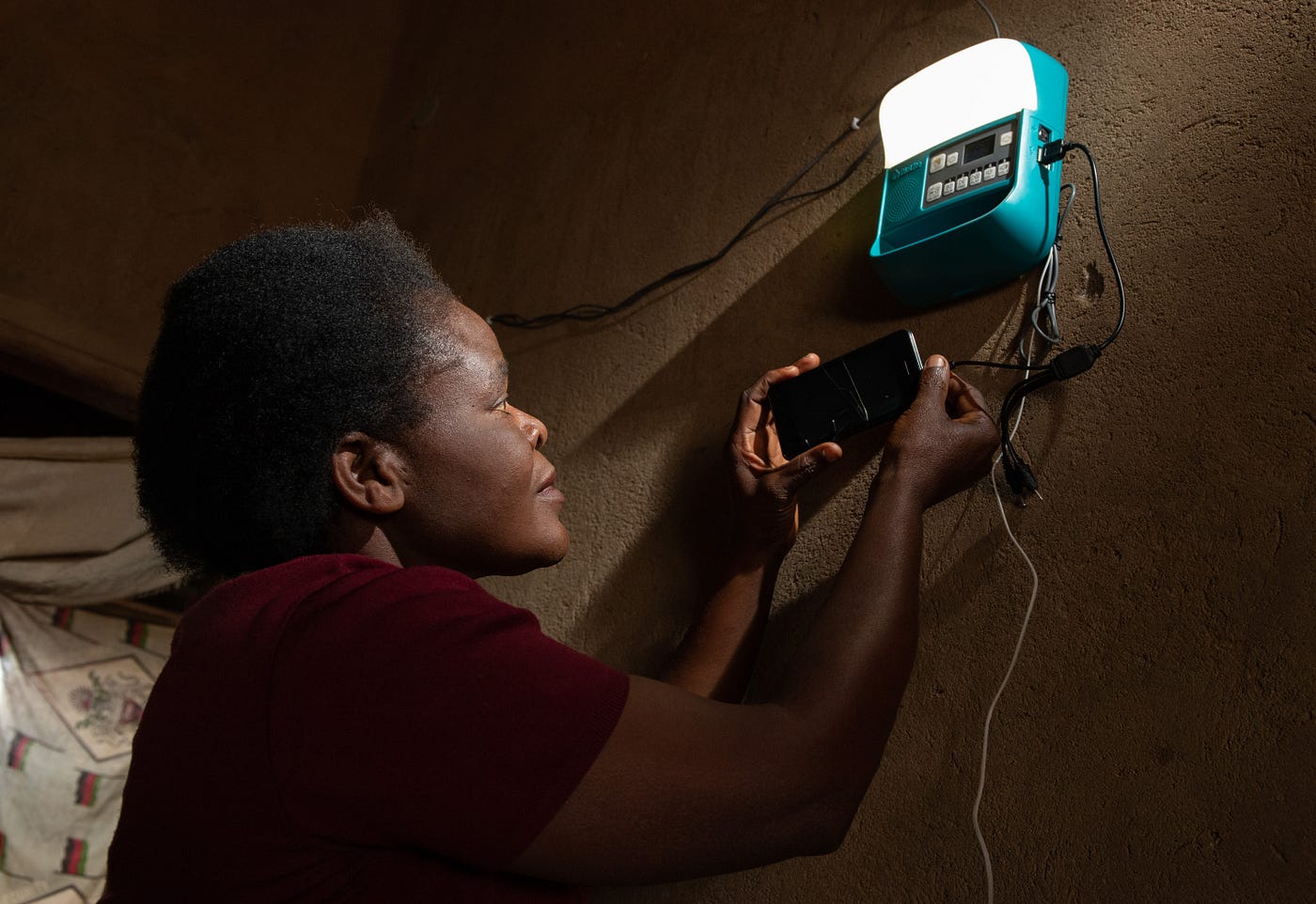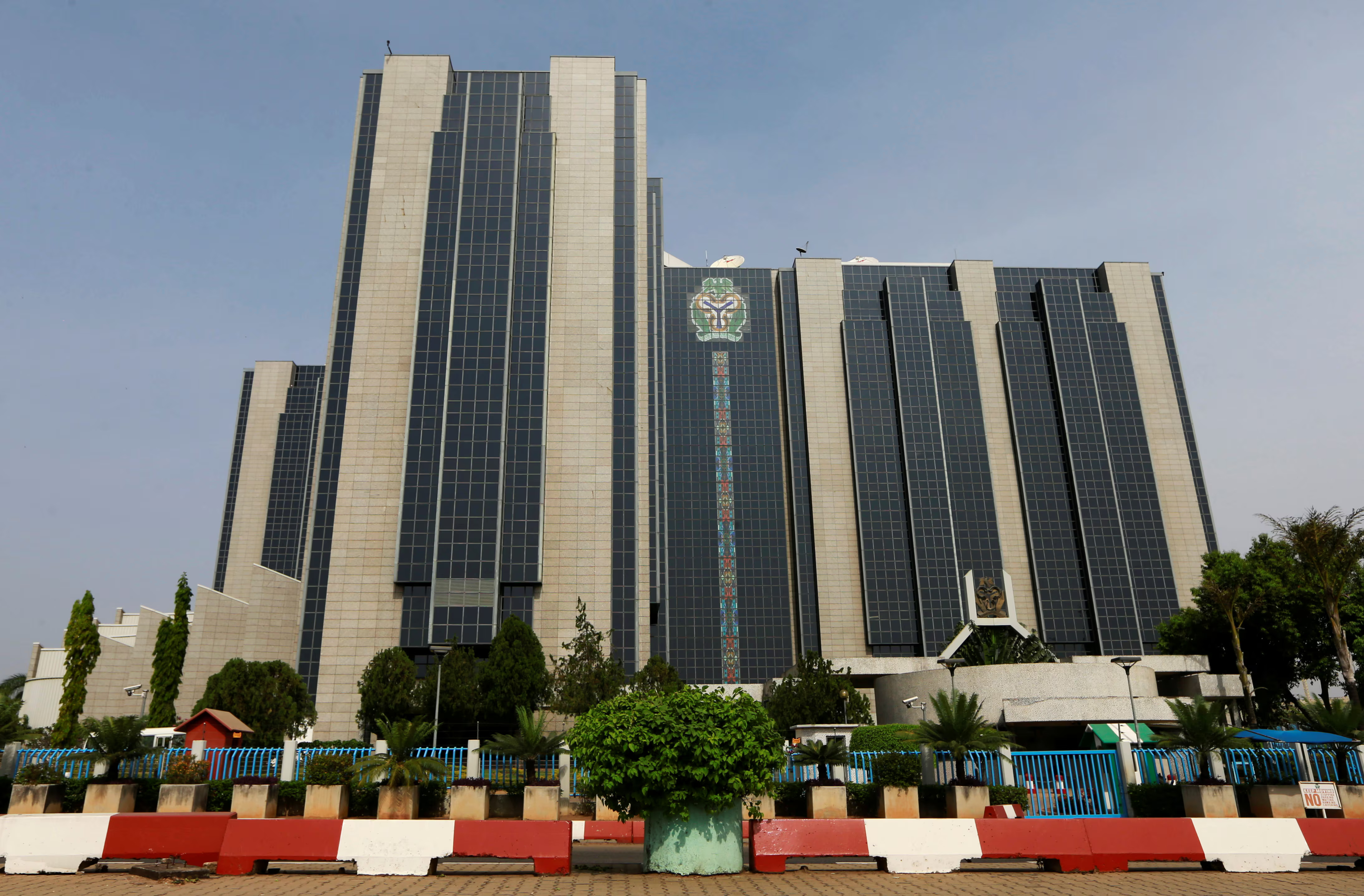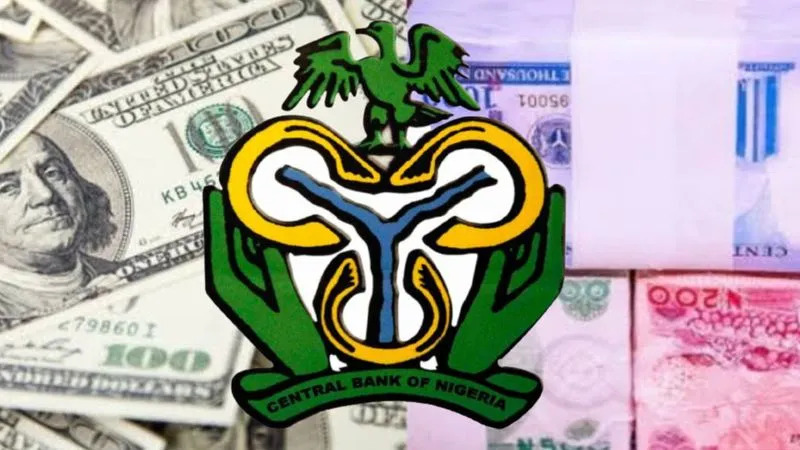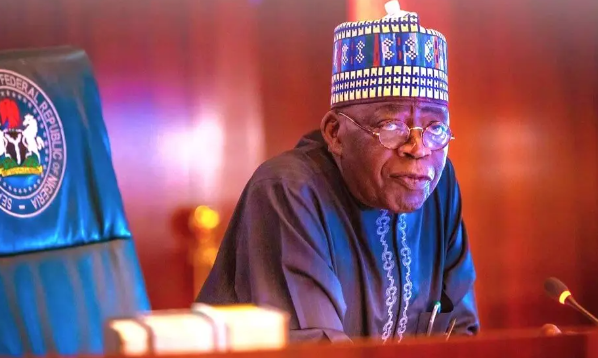- by Williams O.
- Jul 05, 2025
Nigeria’s Electricity Tariff Bands Are Creating Power-Smart Citizens, But At What Cost?

- By Williams O.
- • Mon, Jul 14 2025
- • in Policy & Trends

When the Nigerian Electricity Regulatory Commission (NERC) introduced the new electricity tariff band system, the logic seemed straightforward, charge more for consistent supply, reward less-served communities with lower rates, and make the power sector more efficient.
I used to leave the fan on all night. Now I switch it off at 2am - I just wake up and do it. I can't play with AEDC anymore.
Kehinde O., resident, Gwarinpa
But in the hands of everyday Nigerians, something unexpected is happening.
People are learning to control their power. And they’re doing it with intention.
📉 Higher Tariffs, Lower Consumption
In Abuja’s Band A neighborhoods, areas that receive 20 hours or more of electricity daily, residents are adjusting not just their habits, but their lifestyles.
“We used to boil water anytime,” said Ifeoma, a mother of two in Wuse 2. “Now we batch it. If I’m boiling water, I do everything, baby’s bath, food prep, flask. One boil.”
It’s not just homes. Small businesses, tailors, hairdressers, POS shops; all across the city, people are watching their prepaid meters like fuel gauges.
You’d think more power would lead to more consumption and higher revenue for distribution companies. But ironically, the opposite may be happening.
People are now more aware of what each kilowatt-hour costs them. And they’re choosing to use less, not because the power is bad, but because they can no longer afford to waste it.
💡 Prepaid Meters = Power Discipline
The prepaid meter was meant to bring transparency. It’s doing more than that. It’s creating a generation of power-conscious citizens.
Some users in high-tariff bands have developed routines:
Cooking early to avoid evening power surge
Charging devices during low-load hours
Sharing generator time in compounds to limit AEDC usage
People aren’t waiting for the government to teach them energy conservation. The rising cost of electricity is doing that all by itself.
💸 But Who’s Really Winning?
Let’s be honest, the bands were also designed to generate more revenue. Band A users pay over ₦200 per kilowatt-hour, compared to ₦60–₦70 in Band D and E areas. That’s a 200%+ markup.
But what happens when:
Users cut their power use in half?
Offices run ACs for shorter hours?
Households unplug fridges at night?
What happens is that expected revenue projections don’t materialize. People now buy only what they need, not what they used to waste.
It’s the power version of portion control. And just like food, people don’t die, they adapt.
⚠️ More Supply, Less Profit?
In theory, Band A was supposed to be the money-maker. But by creating a market where users are finally thinking deeply about how they consume, DISCOs may have created a power market with disciplined, frugal, price-sensitive users.
Users who now:
Read their meter balance like bank alerts
Delay TV time to save units
Unplug their microwaves before sleeping
Isn’t that what we always wanted?
Maybe. But it comes at a cost, less revenue than projected, even in the areas getting the most supply.
🔎 What This Means For the Future
The system is smarter now. Users are too.
And maybe that’s the real victory here, not for the distribution companies, but for the average Nigerian who now knows:
What they’re paying for
What their real energy needs are
And how to stretch ₦5,000 worth of electricity like it’s gold
“It’s funny. When light was irregular, I didn’t care how much I used when it came. Now that it’s steady, I’m using less. Because I know what I’m paying for.”
- Chima A., student in Jabi
Nigeria may have tried to control electricity with a pricing system. But in the end, it’s Nigerians who are controlling their electricity, with pocket wisdom, quiet discipline, and a daily meter check.
And that, maybe, is the most powerful shift of all.




